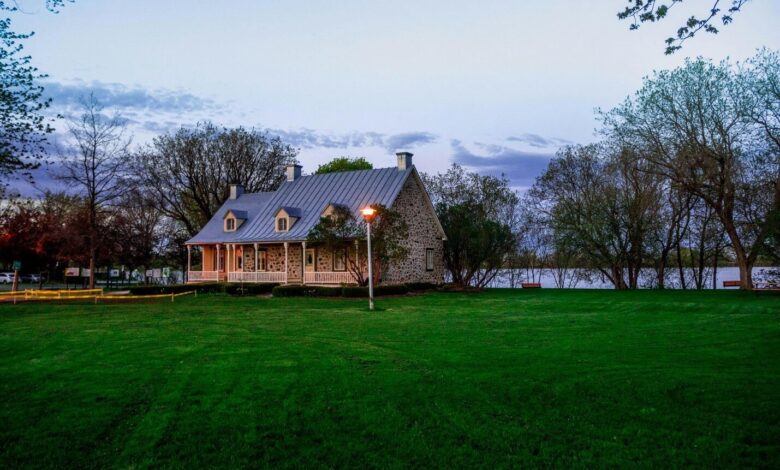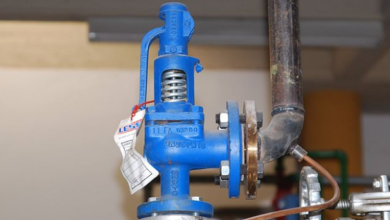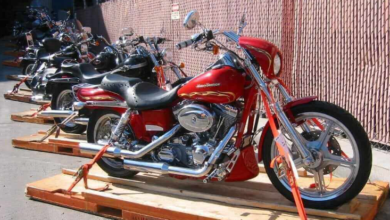8 Tips for First-Time Homeowners: Maintaining a Safe and Healthy Home

Becoming a homeowner for the first time is an exhilarating milestone. However, beyond the initial excitement, lies the ongoing responsibility of maintaining a safe and healthy environment. For new homeowners, understanding the basics of home maintenance can prevent minor issues from escalating into costly disasters. This guide offers essential tips that every first-time homeowner should follow to ensure their home remains a secure and nurturing space for years to come.
Regularly Check Smoke Detectors and Carbon Monoxide Alarms
One of the simplest, yet most crucial steps you can take to ensure your home’s safety is to maintain your smoke detectors and carbon monoxide alarms. These devices are your first line of defense against potentially life-threatening fires and gas leaks. Test each device monthly by pressing the test button, and replace the batteries at least once a year. Keeping these alarms in working order can mean the difference between a safe home and a dangerous one.
Keep Your HVAC System Clean
The HVAC system in your home is crucial for sustaining a comfortable and healthy indoor air environment. Over time, dust and allergens can accumulate in your system, diminishing air quality and potentially causing health issues. To prevent this, change your HVAC filters every three to six months, more often if you have pets or live in a high-pollen area. Additionally, schedule an annual service with a professional to ensure your system is not only clean but also running efficiently, which can also help reduce your energy bills.
Inspect and Maintain Your Roof
The roof is one of the most critical barriers protecting your home from the elements. Regular inspections can catch issues like missing shingles or potential leaks before they lead to more significant damage. Ideally, hire a professional roofing contractor like XL Contracting to perform an annual check-up. These experts can spot potential problems that you might miss and can ensure that minor repairs are done correctly to extend your roof’s lifespan and performance. A well-maintained roof also contributes to better insulation and energy efficiency within your home.
Manage Moisture and Prevent Mold
Managing indoor moisture is key to preventing mold growth, which can undermine air quality and cause health problems. Use dehumidifiers in damp areas of your home, like basements, to keep humidity levels in check. Ensure that your bathrooms are well-ventilated and that fans are used regularly to expel moisture. Promptly address any plumbing leaks and avoid allowing standing water to accumulate. Simple habits such as these can maintain your home’s structural integrity and air quality by preventing mold before it starts.
Secure Windows and Doors
A fundamental aspect of maintaining a safe home is securing points of entry. Regularly inspect locks on windows and doors to ensure they function correctly. Consider upgrading to deadbolts for added security and installing a home security system to deter potential intruders. Ensuring that your windows and doors are secure not only helps prevent break-ins but also strengthens your home’s overall safety.
Read also Choosing the Right Laboratory Hotplate: Factors to Consider
Maintain Plumbing to Prevent Leaks
Plumbing issues can quickly become costly if not addressed promptly. As a new homeowner, familiarize yourself with the location of your main water shut-off valve, a crucial step in mitigating water damage in the event of a leak. Regularly inspect visible piping under sinks and around appliances for signs of moisture or corrosion. At least once a year, check for leaky faucets, running toilets, and other plumbing fixtures that can waste water and increase your utility bills. If you encounter any issues, addressing them promptly can prevent minor leaks from escalating into major water damage.
Check Electrical Systems
Electrical problems are not only inconvenient but also potential fire hazards. It’s essential to ensure that your home’s electrical system is up to code and functioning safely. Hire a licensed electrician to perform an inspection, especially if your home is older or if you notice issues like frequent circuit breaker trips, flickering lights, or unusual buzzing sounds from electrical panels. An electrician can identify and fix problems such as outdated wiring, overloaded circuits, and other risks that could pose a danger to your home and family.
Keep a Well-Stocked First Aid Kit
Accidents can happen, and being prepared is your first line of defense. Keep a well-stocked first aid kit in an easily accessible location. This kit should include bandages, antiseptics, sterile gauze, pain relievers, a thermometer, allergy medications, and other essentials to handle common injuries and ailments. Regularly check and replenish your first aid supplies to ensure everything is in date and ready to use. Having these supplies at hand can make a significant difference in the event of an emergency.
Secure Your Investment
Owning your first home is an exciting journey filled with opportunities and responsibilities. By implementing the maintenance tips outlined above, you not only ensure that your living environment is safe and healthy but also protect and potentially increase the value of your significant investment. Regular maintenance can help prevent the stress and high costs associated with emergency repairs and replacements. Start with manageable tasks, gradually incorporating more comprehensive checks and updates as you become more comfortable in your role as a homeowner. A little proactive care goes a long way toward making your home a safe haven for years to come.




